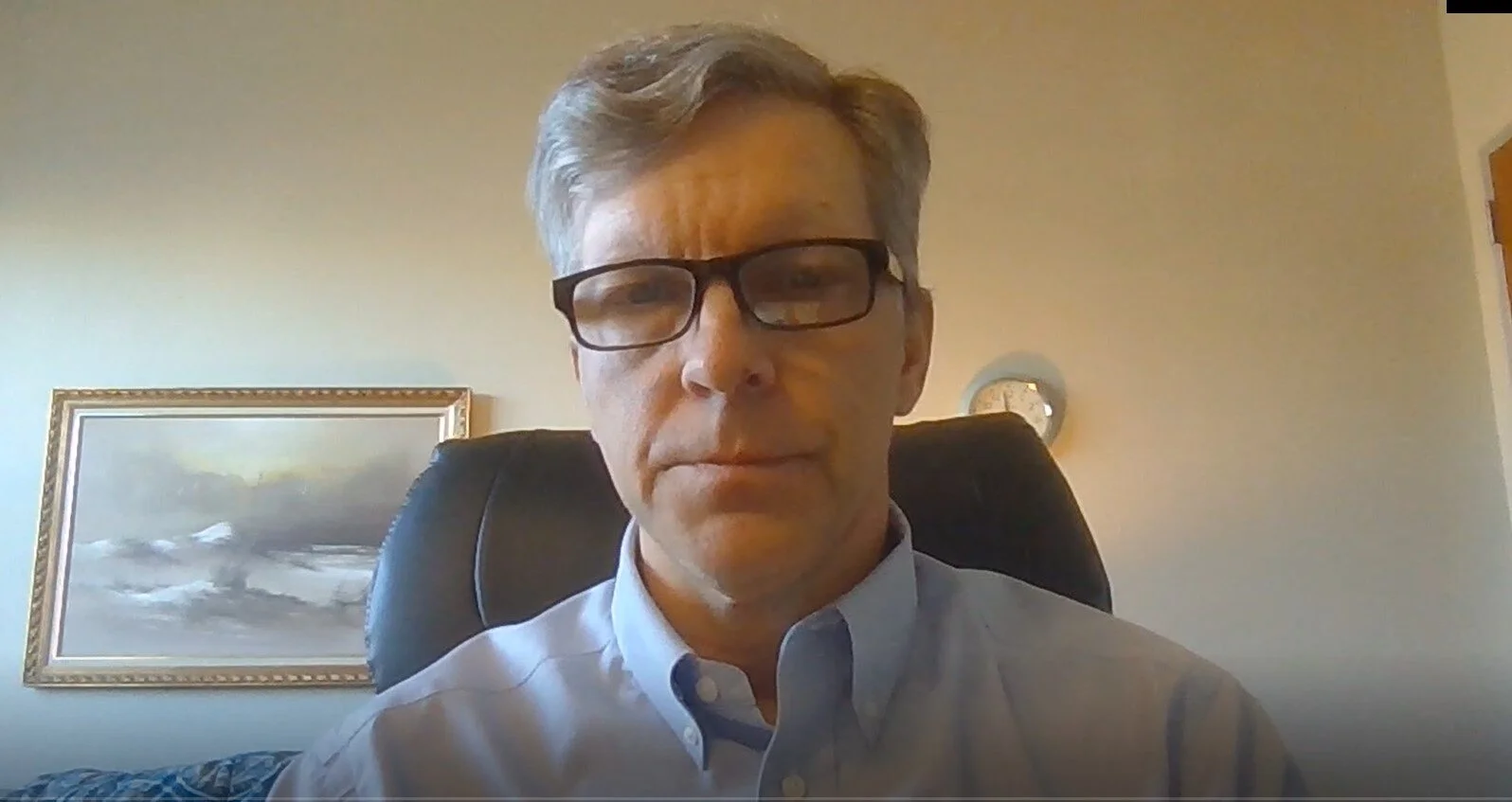Have you ever found yourself rattled after a jarring event, maybe even saying “I can’t believe” it just happened? Do you find yourself thinking about these events days or even weeks after they happened, but telling yourself it “wasn’t that bad?” If so, you could be at risk of minimizing a little ‘t’ trauma, but there’s ample reasons not to do so.
Little ‘t’ Versus Big ‘T’ Trauma
Most people are keenly aware of how devastating Big ‘T’ trauma is. This kind of event is known for either how externally or internally devastating these events can be. They can range from living through a natural disaster to surviving a sexual assault, but regardless most people would say these are some of the worst traumas one can live through. Because of this they are typically called Big ‘T’ trauma. On the other hand, Little ‘t’ traumas are ones that aren’t as easily recognized, but the cumulative effect of many of these can be equally devastating. Some of these might come in the form of experiencing acts of racism or emotional abuse and neglect as a child. If people have enough of these over a long-enough period of time, they can wind up being very traumatized.
There Are More of Big and Little ‘t’ Trauma These Days
As we move into more troubled times in terms of the number of stressors in modern life and the number of complications of our current times, there are both more opportunities for trauma of both kinds to appear and more people with vulnerability factors to it as well. Humans are naturally adaptive and can find ways to survive horrible events, but just because they survive them it doesn’t mean they don’t suffer serious effects from these events. Regardless, the tendency can be to minimize these events by telling ourselves they ‘aren’t that bad.’ This is especially true of the little ‘t’ traumas, particularly because others around us may not recognize them as such. This can even be true of members of our own families and social groups. There are some key reasons not to minimize these however.
Why Little ‘t’ Traumas Deserve Your Attention
They add up over time. There’s no exact ratio for how many little ‘t’ traumas equal to one big ‘t’ trauma, but just understand trauma is trauma and has a cumulative effect over time.
Little ‘t’ traumas can translate into mood disorders such as depression, anxiety, and bipolar disorder. They have their effect on our moods and are one of the most direct signs of the impacts of one’s environment on our mental health.
Little ‘t’ traumas can contribute to development of substance use disorders and addictive behaviors, such as sex addiction, food addiction, or gambling addiction.
They negatively impact our relationships with others, especially because of 2 and 3 above, but also because of the numbing effect they have on our ability to feel and express joy and happiness. This can become a drag on interactions with others and falsely lead our friends, family, and partners that the problem is with the relationship when it is really about trauma.
What I Can Do To Help Alleviate Little ‘t’ Trauma
I’ve been helping people overcome both Big ‘T’ and Little ‘t’ trauma for over 11 years now as a clinical social worker and have several ways I can help you overcome yours. I use EMDR (Eye Movement Desensitization and Reprocessing), Image Transformation Therapy (ImTT), and a few other methods that can help you overcome the sum total of your trauma. It doesn’t matter how big or small, many of the same methods work for both. The advantage of having a lot of Little ‘t’ traumas is that sometimes working on one can help in alleviating others, and not all of the smaller traumas need to be processed for people to improve significantly. The key is that you start feeling better and can utilize tools I have shown you to either address them in session or on your own. Just call the number at the top of the page or fill out the form below for a free 20-minute phone consult to get a better idea about whether I can help you with your particular situation. Better to reach out for help than to keep accumulating the small cuts that can lead to a gaping wound in your life. Start your healing journey by reaching out for the help you deserve today!
Visit our specialty page on trauma therapy to learn more about how Scott can help you overcome trauma.
About the author: Scott Kampschaefer, LCSW is a private practice therapist in Frederick, Maryland. He has an extensive background in working with depression, anxiety, and bipolar disorder at a clinic for older adults with these disorders in Austin. He now works with adults and adolescents 14 and up in private practice. His new book is entitled The 5 Pillars of Addiction Recovery and is available for purchase on Amazon and in paperback on this website.


